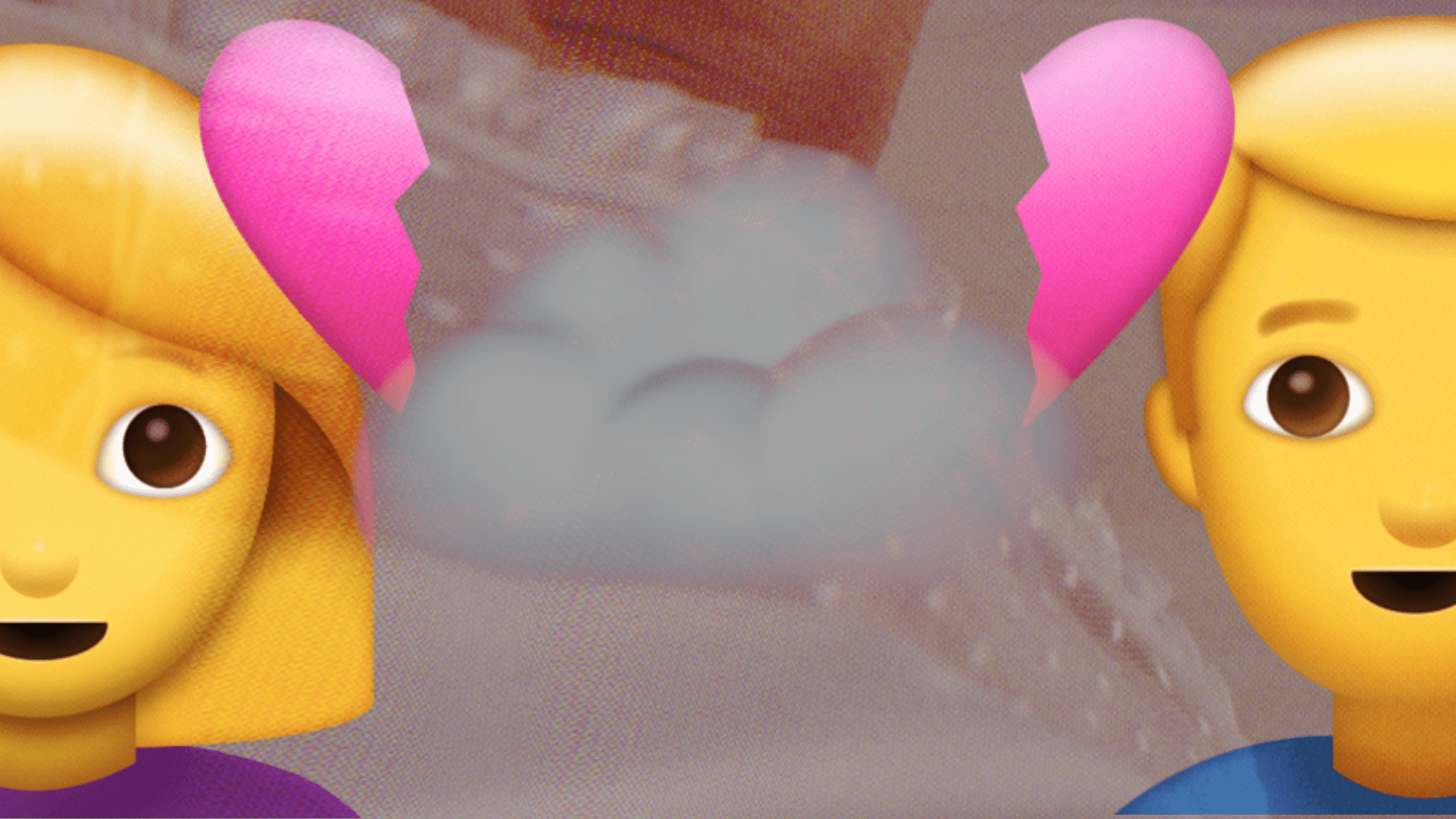No one is easy to love but I can admit I’m a particularly tough case. On paper, I’m passable enough: I have decent taste in music, can be pretty thoughtful given half the chance and generally deserve a second date. Get to know me properly, however, and you’ll find that the veneer of stability is fragile at best. Throughout my life, my mental state has fluctuated between periods of aggressive energy — generally characterised by a minimal need for sleep and questionable decisions — to crushing lows where I ghost my responsibilities to spend all my time crying in bed or, if I’m up to it, crying in the toilets at work.
Due to this emotional instability, an ever-shifting sense of self, and a general inability to not get sad about the futility of human existence, multiple therapists have suggested that I have borderline personality disorder. As much as I try to be honest about the troubles I have with my head, nobody really gets it unless they come up against the deep-seated fear that everyone secretly hates me, or witness a sharp and dramatic depressive turn. Generally, it’s bewildering for the best of people and a cruel, unwanted twist for anyone who just wanted someone to be the big spoon whilst watching Netflix.
There’s a degree of balance that I’m sometimes able to grasp, and even keep a hold of, either when my life is going okay or I’m in therapy and on a pretty high dose of medication. It’s usually in these moments that I’m able to forge serious, reciprocal romantic connections. The issue here, though, is that my mental health issues are chronic and (sucks for me!) probably going to recur throughout my life. This means that, no matter how much I want things to be different, if I’m in a long-term relationship, my partner is going to end up sharing the burden.
No one wants to see someone they love suffer and no one wants to feel like they can no longer recognise the person they’ve started building (or imagining) a life with. Whilst I don’t think I, or anyone else, should feel shame about having a mental illness, undeniably, struggles of this kind can sometimes take a toll on my partners — and it’s important to know that not everyone can deal with that in the long term.
Codependency, a dynamic where one partner facilitates the other person’s poor mental health or risky behaviour, is fairly common when one or more partner is going through a tough time with their emotional wellbeing. When individuals aren’t familiar with the conditions their partners are struggling with, they can often end up doing their partners and themselves more harm than good by prolonging a negative relationship.
So, if you’re reading this and we used to date, don’t believe all those drunk texts I sent. I don’t blame you for how things ended… unless you’re the ex that dumped me at my university graduation (you suck). Ultimately, you deserve to put yourself first: nobody should feel tied to a relationship where their partner’s poor mental well-being becomes an emotional suck-hole.
When your partner is going through a particularly tough period, you can end up becoming their carer (making sure they eat, leave the house and do their mountain of laundry), their unpaid psychiatrist, and their only friend — all rolled into one. There are limits to what anyone can be expected to do for their partner. It’s a matter of weighing up how long you have been with someone and whether you can positively contribute to their recovery, rather than hindering it.
For anyone who, like me, struggles with mental health, I want to make something clear. It’s not selfish to want to be loved despite your illness — like everyone else you deserve tenderness and intimacy. But sometimes you need to be realistic. Even if you crave escapism, what you really need are boundaries, stability and setting reasonable expectations. Before you re-download that dating app, check in with yourself. Are you ready for your next relationship? Or do you need to stay single and keep on top of self care? If you let yourself be swept along without any idea of what you want, need and can commit to, somebody’s going to get hurt — and it won’t be just you. As with all dating, don’t make promises you can’t keep: take it from someone who’s learned the hard way.
